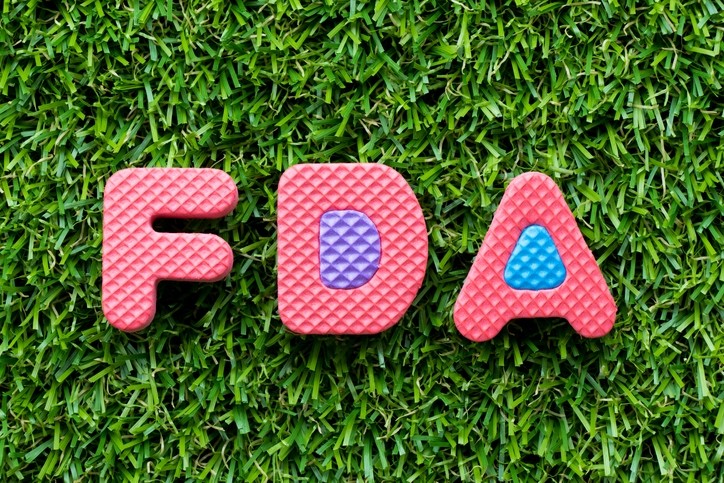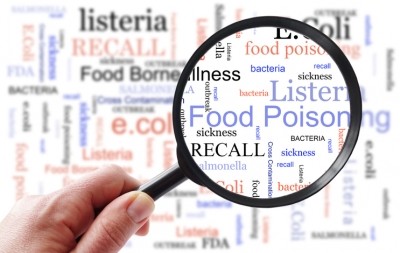US renderer, feed ingredient producer faces FDA warning

The Virginia-based rendering company was warned about its management of pentobarbital, reported violation of the Food and Drug Administration’s (FDA) Current Good Manufacturing Practice (CGMP) Hazard Analysis and Risk-based Preventive Control requirements, reluctance to recall feed ingredients considered adulterated, and customer communications.
In addition to rendering waste streams from animal processing, supermarkets and food service, Valley Proteins Inc. generates animal feed ingredients and products for use in pet food including poultry, poultry-blood and meat meals, feather meal and stabilized feed and poultry fat.
Following a series of inspections at the company’s facility in Winchester, Virginia, Valley Protein received information about the “significant violations of the Federal Food, Drug, and Cosmetic Act (the Act) that we found during our inspection of your operation,” the FDA said in its warning letter.
As a producer of animal feed ingredients, Valley Protein is responsible for its compliance with requirements of FDA regulation and federal law, the FDA said.
“You should take prompt action to correct the violations described in this letter and establish and implement procedures to ensure that these violations do not recur,” the FDA said in its warning letter. “Failure to do so may result in regulatory action without further notice such as seizure and/or injunction.”
The company has 15 working days following receipt of the letter to alert and explain to the FDA the steps it is taking to correct the violations noted by the agency or to explain why corrective action is delayed and provide an alternative timeline.
“If you do not believe that your products are in violation of the Act, include your reasoning and any supporting information for our consideration,” the FDA said.
Valley Proteins did not respond to a request for comment by press time.
Inspection findings and concerns
Pentobarbital – a drug used to anesthetize some animals – was found in some of the company’s animal fat products, which causes those products to be considered adulterated because the feed ingredients contain “an unsafe new animal drug,” the FDA said. “The drug is unsafe because it was not used in conformance with the drug approval, which does not have a tolerance established for the presence of pentobarbital in the edible tissues of animals.”
“In addition, our inspection found you violated FDA’s Current Good Manufacturing Practice (CGMP), Hazard Analysis, and Risk-Based Preventive Controls requirements for animal food, which causes your products to be adulterated,” the FDA said. “It is a prohibited act to introduce or deliver for introduction into interstate commerce any food that is adulterated or misbranded.”
No tolerance regarding the residue of pentobarbital in animal tissue has been established, the agency said. When used with livestock it can render animal tissue adulterated.
In an initial response to the FDA regarding the presence of the chemical, the company said that pentobarbital was an “unavoidable contaminant,” the agency reported in its warning letter. Valley Proteins has a responsibility to produce animal feed that is not adulterated, the agency added.
“Adulteration of animal food with pentobarbital is not unavoidable,” the agency said. “It is your responsibility to prevent adulteration of animal food with unsafe new animal drugs by ensuring that you are not receiving ingredients from your suppliers that contain unsafe new animal drugs or by developing methods to ensure that materials you receive containing unsafe new animal drugs are segregated and not used for animal food.”
Valley Proteins also “failed to identify and evaluate each known or reasonably foreseeable hazard for each type of animal food you manufacture,” the FDA said. This oversight included evaluating hazards from raw materials like pentobarbital.
A revised hazard analysis for the company adds that it will no longer accept or process “dead stock,” which includes euthanized animals, the agency said. The company reported that it stopped taking some carcasses in January but letters to customers in May said that the company accepts euthanized animals for collection and disposal but that animals that are chemically euthanized will not be rendered.
FDA said that it would like information on how those animals will be gathered and disposed of.
The agency also mentioned that the company should continue to disclose hazards – such as microbial hazards – it has identified but is relying on customers to control in documents with the animal feed. And, preventive controls established as process controls need to be improved as they are lacking “adequate parameters for control of some hazards.”
Feed recall discussion
The FDA’s investigation found that Valley Proteins also did not take “immediate action” to alert customers or recall its product after it became aware of the pentobarbital contamination, the agency said. The FDA asked if the company planned to recall the contaminated animal feed product multiple times.
“You stated you did not plan to do so and did not provide FDA with requested information regarding the amount of potentially affected product that was distributed by your firm before you learned of the positive FDA test result,” the FDA reported.
However, the company did respond that it had been cleaning and conducting pentobarbital testing, the agency said. Although those actions are appropriate to establish that any residual pentobarbital has been removed, the company did not explain how it accounted for any adulterated product distributed.
“In your response… you stated that you believe there is no legal requirement for your facility to recall any products due to contamination with pentobarbital,” the FDA reported. “A recall is a voluntary action to remove products that are in violation of the FD&C Act. As explained above, your animal food (including livestock food) containing pentobarbital is adulterated. It is important to notify affected customers and remove all adulterated animal food from the marketplace.”














